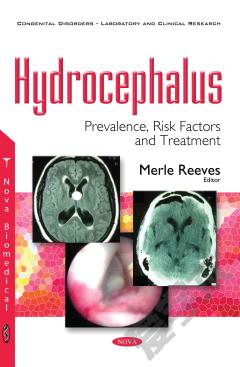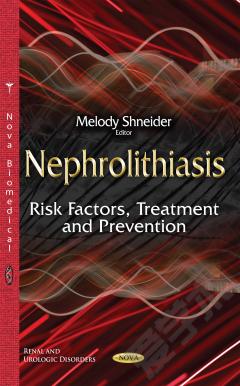Vesicoureteral Reflux and Pyelonephritis: Risk Factors, Prevalence and Treatment Approaches
Vesicoureteral reflux (VUR) is defined as the retrograde flow of urine from the bladder to the upper urinary tract. It is a common urological entity among children and it is usually diagnosed in the prenatal period or after episodes of febrile urinary tract infection. Reflux can also be found in post-pubertal patients, but it is less common in this population. Pyelonephritis is an upper urinary tract infection involving the kidneys with an incidence in the USA as high as 250.000 cases per year. Most episodes of pyelonephritis are generally considered to be uncomplicated in healthy non pregnant adults. Different risk factors have been identified, such as diabetes, urinary tract obstruction, presence of an indwelling urethral catheter, stent or nephrostomy, functional or anatomic abnormalities of the urinary tract, renal transplantation, immunosuppressive therapy and pregnancy. This book discusses the causes, prevalence and treatment approaches of both VUR and pylonephritis.
{{comment.content}}








 京公网安备 11010802027623号
京公网安备 11010802027623号